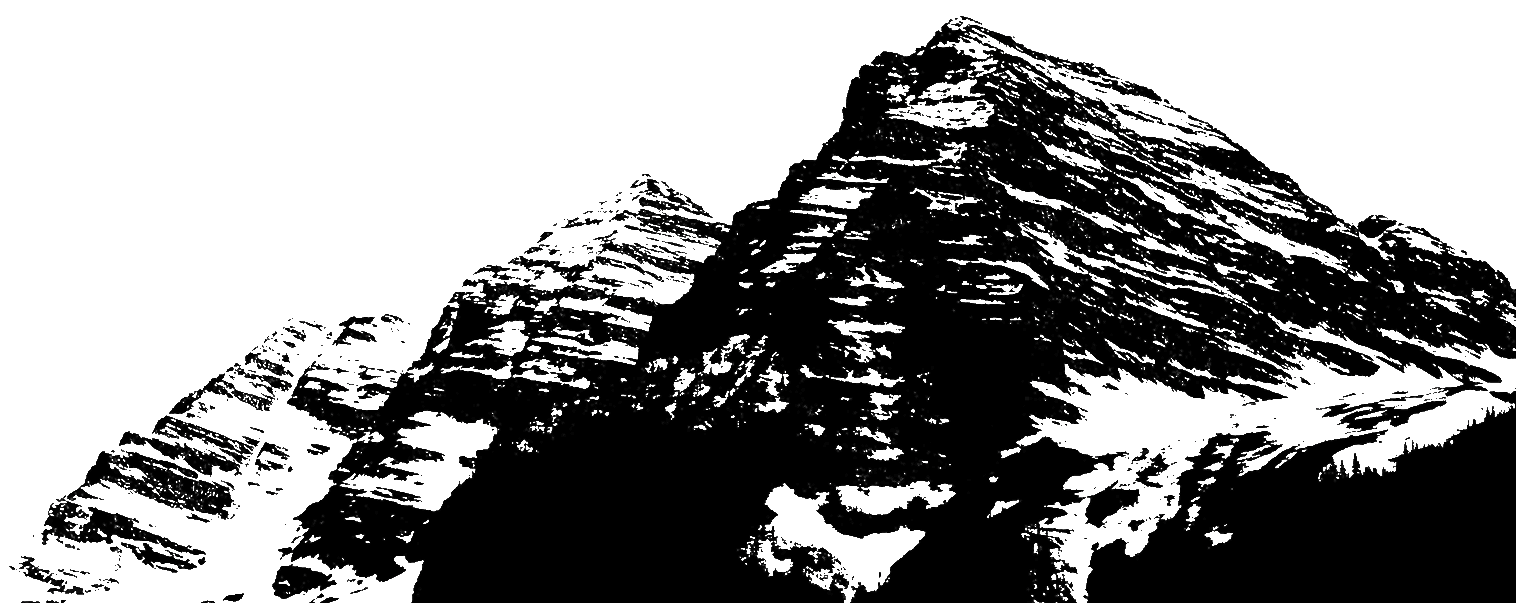Maroon Bells – Backpacking Questions
The most visited areas of the Maroon Bells-Snowmass Wilderness require an advanced reservation for an overnight permit, year round. This includes, but not limited to, The Four Pass Loop, Conundrum Hot Springs, Capitol Lake, Crater Lake, Snowmass Lake, and Geneva Lake.
For more information and to make your reservation please visit the US Forest Service website.
An overnight permit fee, from May 1st through October 31st, is $10.00 per person, per night. There is also a non-refundable reservation fee of $6.00 for each overnight permit. Children 16 and under are free.
For dates outside of May 1st through October 31st, there is no permit fee, but an overnight permit reservation is still required, and you will still be charged non-refundable reservation fee of $6.00 for each overnight permit.
Since 2006, there has been a 400% increase in use that has caused environmental damage, biohazards from human waste and trash, and visitor conflicts. The fees allow the Forest Service to address the significant impacts caused by high recreation use in the Maroon Bells-Snowmass Wilderness, and helps ensure the area remains a sustainable backcountry destination.
The Four Pass Loop is a 26 mile hiking trail that travels through meadows and over four mountain passes surrounding the famous Maroon Bells in the Maroon Bells-Snowmass Wilderness. Early summer snowmelt makes the river crossings perilous and deep snow persists on the passes until late in the summer. Sudden thunderstorms can catch travels exposed far from the cover of tree line in mid-summer and snow fall returns to the high country early.
The Four Pass Loop is considered a difficult and challenging route due to the elevation and terrain. Plan ahead before you go. There are many online resources that describe conditions of the loop throughout the year.
Getting your Overnight Permit to Backpack
A permit is required for overnight stays in Maroon Bells-Snowmass Wilderness Overnight Permit Zones. This permit must be acquired in advance at Recreation.gov.
Step 1 : Look over the Overnight Permit Zone Map before the opening dates, and plan your trip. The pink areas require a permit in order to camp.
Step 2 : You need a permit for every zone in which you plan to camp. You don’t need a permit for the zones you will only be walking through. Determine your preferred camping zones based on your hiking ability and duration of trip. Lightning occurs in the afternoon so plan to be off high terrain during this time of day. Bears are active in the area so IGBC approved bear canisters are required.
Step : Where to camp in your reserved zones: familiarize yourself with the different camping zones. All zones, except Crater Lake, allow for dispersed camping. You can choose any available campsite within these zones. However, Crater Lake has designated campsites, and you must obtain a permit to camp there. Additionally, there are numbered campsites around Geneva lake that are reserved for permit holders in the Geneva Zone.
Step 4 : Day of getting permits: On either February 15th or June 15th you will need to get online at Recreation.gov. February 15th is for backpacking in April through July. June 15th is to backpack in August through November. We recommend getting on at 7:55 AM Mountain Time, login to your account, choose your group size and have the camping zones in your cart before 8:00 AM Mountain Time.
Getting to The Loop
There are two ways to get into the Maroon Bells Scenic Area:
1. Car- Trailhead Parking reservations are available on this website
2. Shuttle Bus- Available on this website
No, you cannot camp in the parking lot, camping is only allowed in designated sites within a campground.
This is a Wilderness Area. You should be fully prepared for any situation by having proper gear, food, and water for your trip. There is no cell service or Wi-Fi, and search and rescue services can take several hours to get to you. The weather changes abruptly in the mountains, so you should have rain and cold weather gear with you regardless of the time of year. Carry a first aid kit, extra food, extra water, and shelter even if you are day hiking. Always tell someone where you are hiking and when you plan to return. You are responsible for your own safety. You must be prepared to self-rescue.
There is no rule stating you can’t, but this is a high altitude ecosystem. The vegetation and biotic soil crust that covers the landscape take decades to develop and taking shortcuts or going off trail destroys this. Please follow the leave no trace principles by taking what you brought with you and leaving no sign of you visit. During hunting season, wear orange if going off trail as hunters are allowed to hunt on the scenic loop.
Yes, an IGBC approved bear resistant container is required. You can rent or buy them at outdoor gear shops. Anything with a scent has to go in: food, toothpaste, deodorant, trash, and needs to be stored at least 100 feet from camp.
Most permits allow up to 4 people per group. Some zones have large group permits that allow up to 10 people. Group size is limited to a maximum of 10 people in the Maroon Bells-Snowmass Wilderness.
Wilderness permits are required year round in the Conundrum Hot springs permit zone, and can be reserved at Recreation.gov.
Campfires are prohibited at all designated sites at Conundrum Hot Springs, Crater Lake, Capitol Lake, and above 10,800 feet anywhere in the Maroon Bells-Snowmass Wilderness (including Snowmass Lake).
The annual passes are not valid for Overnight Wilderness Permits.
However, they will cover your entrance fee into The Maroon Bells Wilderness area when parking at the Maroon Lake Trailhead. Reservations are required for parking at the Maroon Lake Trailhead, and can be reserved on this website.
